It’s exciting to purchase a pickup from a car dealership. Getting a pickup truck with a hitch is an added advantage.
Truck hitches are a crucial component of any truck as they make cargo management easier, allow you to conveniently haul a trailer, and provide extra stability, among other uses.
But do all pickup trucks have hitches?
Unfortunately, not all pickup trucks have hitches.
While popular models like the Ford F-150 have a tow hitch as a standard accessory, other models may require an extra tow package, especially if your towing load exceeds Class 3 limits.
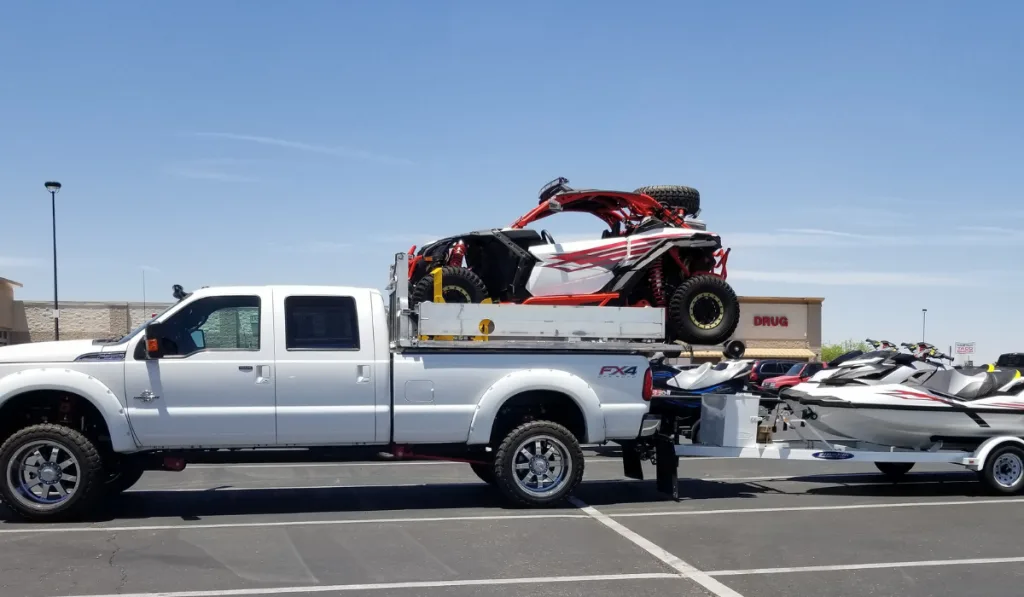
Read on to learn more about what tow hitches are and whether you should opt for factory-installed hitches or get towing accessories and have them installed on your pickup truck aftermarket.
What is a Tow Hitch?
A tow hitch is the main connector between a truck and a trailer. A tow hitch is a part attached to the chassis of a truck for towing.
Tow hitches can be in the form of a pintle, hook, pin, or ball. Some people may refer to a tow hitch as a trailer hitch.

You’ll come across two types of tow hitches, mainly the receiver-type hitch and the fixed drawbar hitch.
The receiver-type hitch is placed on the rearward-facing side and attached to the vehicle’s frame. You can pair this type of hitch with different mounts like ball mounts, cargo carriers, hitch bike racks, and other accessories.
Fixed drawbar hitches are less popular and consist of a single piece with a custom hole where you attach the trailer ball.
5 Unknown Facts About Pickup Truck Hitches
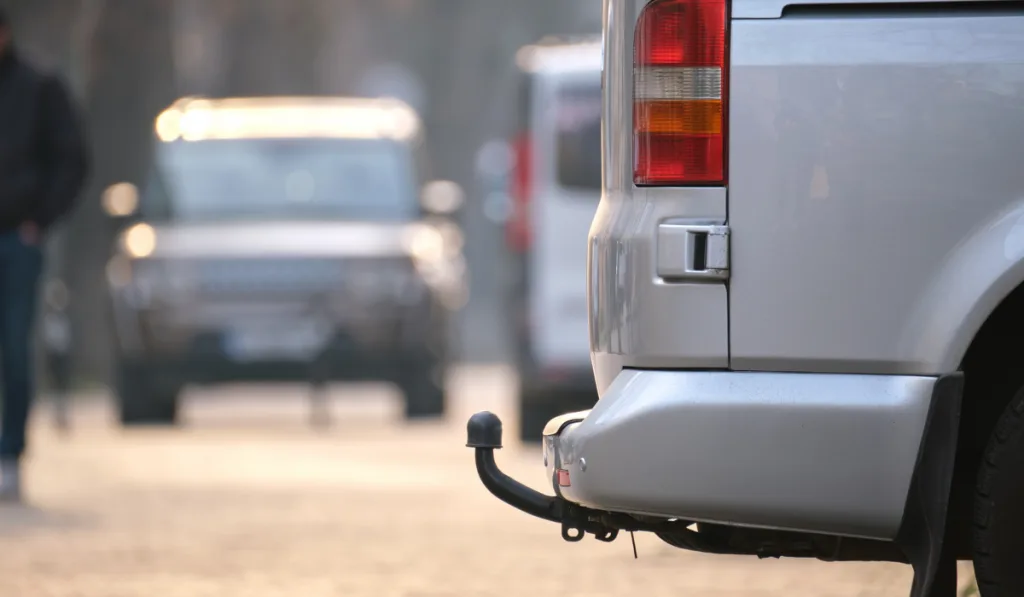
Here are some interesting facts you need to know about pickup truck hitches.
1. There are Different Hitch Classes
Truck hitches are classified into five classes based on the gross trailer weight they can tow. That includes the weight of the truck and cargo combined.
These hitch classes include:
Class 1
Hitch Class 1 can tow close to 2,000 pounds. That includes things like bike racks and cargo boxes.
Class 2
Class 2 hitches can pull items of up to 3,500 pounds. Jet skis, motorcycles, and ATVs fit in this hitch class. These hitches are designed for compact crossovers and big sedans.
Class 3
Class 3 hitches can tow objects of close to 5,000 pounds like boats, campers, and medium trailers. You’ll find these hitches on vans and SUVs.
Class 4
Hitch class 4 tows cargo of up to 10,000 pounds like big boats, huge campers, and tiny houses on wheels. Most full-size and midsize pickup trucks have class 4 hitches.
Class 5
Class 5 hitches can tow 17,000 pounds of load when combined with a weight distribution system. There are Class 5 CD hitches, and there are Class 5 XD hitches.
Most pickup trucks have factory-installed hitches that are either Class 3 or Class 4. With a Class 4 hitch, your truck can pull industrial equipment, large boats, and trailers.
2. There are Various Types of Hitches
Apart from hitch classes, there are different types of hitches for pickup trucks. These are categorized based on the work they can perform.
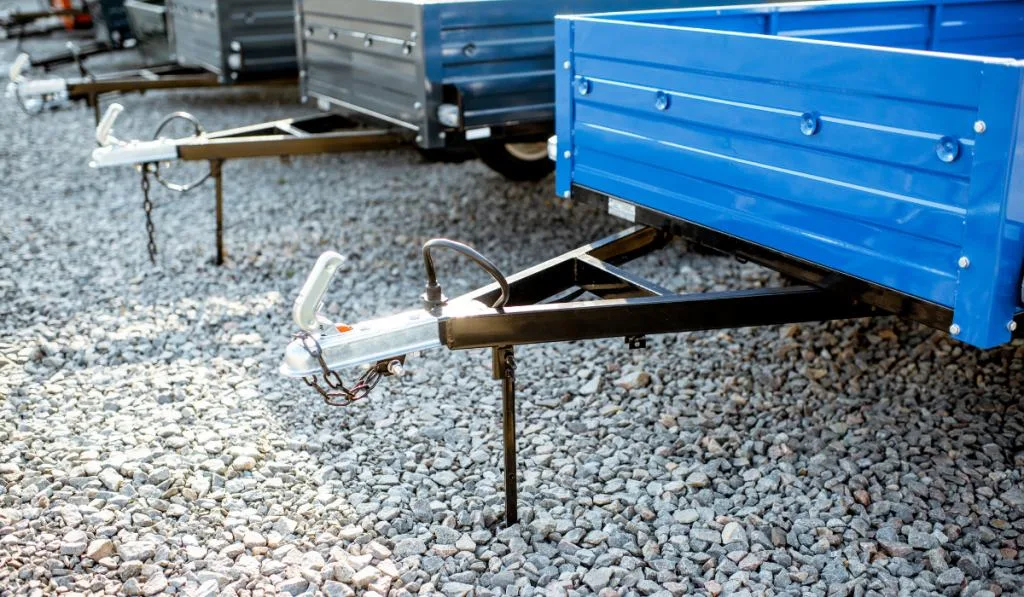
The main types include:
Weight Distribution Hitch
Weight distribution hitches use regular bumper-pull connections with added parts. The idea is to distribute a part of the load to the truck’s front axle from the rear bumper.
Weight distribution enhances driving dynamics, improves braking, and makes handling easier when towing.
Most of these hitches also have sway control to keep the trailer in line with the truck during windy conditions.
Bumper-Pull Hitch
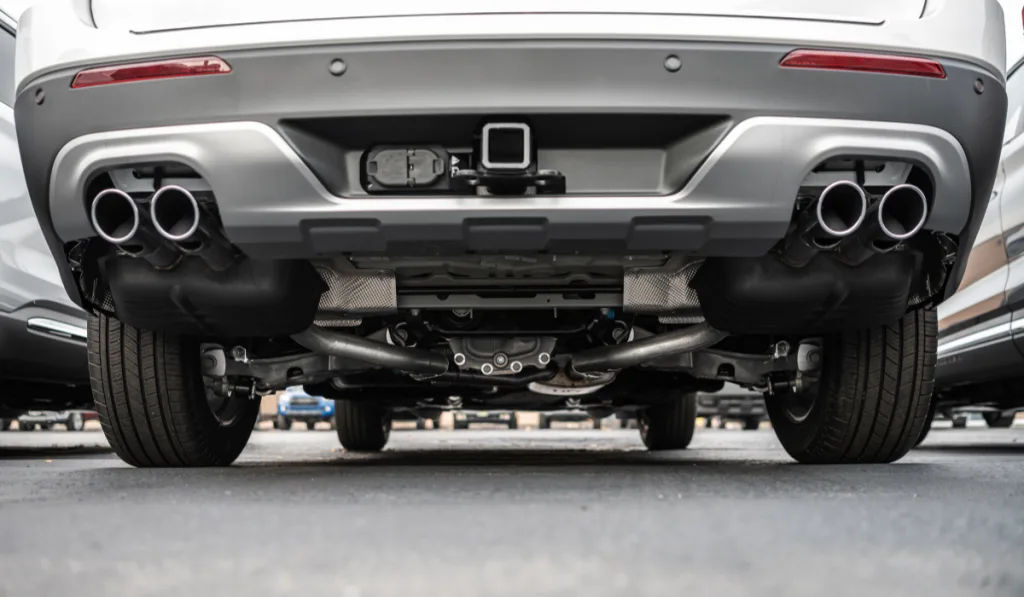
A bumper-pull hitch attaches to the bumper of the vehicle directly. It has a square receiver tube that you can use for different uses.
Unlike the other hitches, a bumper hitch can’t carry much weight, but they work well for light tasks.
Adjustable Ball Mount Hitch
Adjustable ball mount hitches are versatile and perfect for truck drivers that tow different trailers.
Some of these adjustable ball mount hitches have various ball sizes, a factor that makes them adjustable to the trailer level. You can choose the aluminum or steel version, depending on your preferences.
Adjustable ball mount hitches are available in varying weight ratings ranging from 5,000 pounds to over 20,000 pounds.
On the downside, these hitches are costly compared to other types. Nonetheless, their versatility makes them worth the extra coin.
Gooseneck
Gooseneck hitches are popular on heavy-duty work trailers.
You can achieve high tow ratings on your truck with a gooseneck hitch. The hitch consists of a hitch ball installed in the truck bed between the frame rails.
Most trucks will have a gooseneck hitch factory-installed. You can easily remove the hitch if you need a flat floor or leave them in as they occupy little room.
These hitches work best for uneven and rough terrain as the hitch ball offers extra flexibility.
Fifth Wheel
Fifth-wheel hitches are popular on large camping trailers. This hitch connects a truck to a trailer through a truck bed connection.
If you’re looking for a hitch that moves a considerable part of the weight from the rear bumper to the rear axle, you should get the fifth wheel hitch. Another added benefit of fifth wheel hitches is that it provides a stable towing experience.
You won’t need safety chains with this hitch style in most states.
On the downside, fifth-wheel hitches occupy a big space in the truck bed, which leaves little room for your cargo storage. Furthermore, these hitches are cumbersome to remove as they are heavy.
3. Some Pickup Truck Models Don’t Require a Hitch and Towing Package
Some truck models like the Nissan Titan Pro 4X are manufactured for off-roading and not for towing. You shouldn’t install a towing package or a hitch as these trucks are not optimal for hauling items.
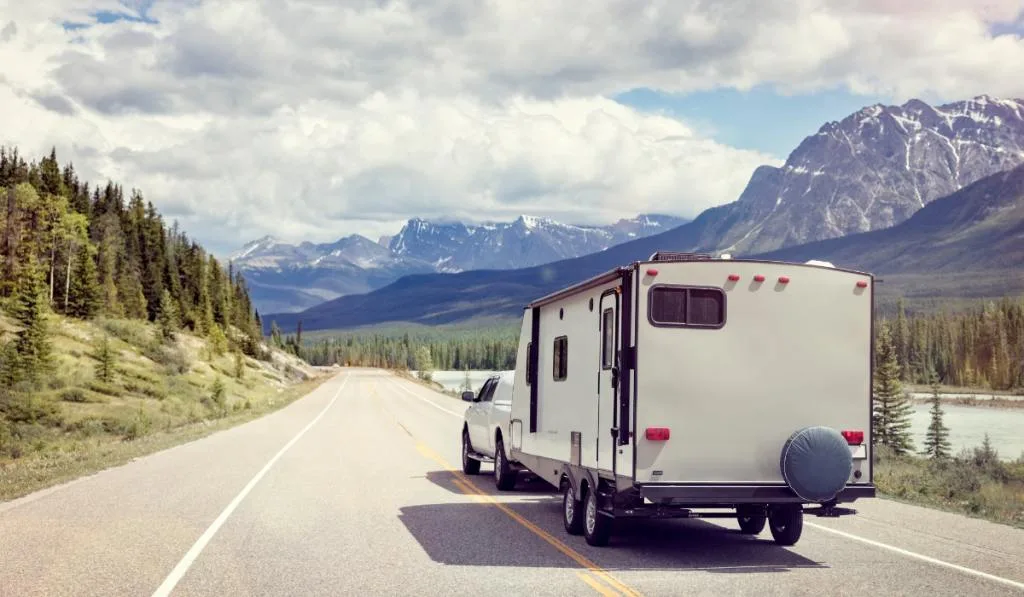
4. Buying a Towing Package Might Be Better Than Having a Hitch
Getting a towing package has benefits, as it’s designed to match the specific truck’s capability.
The manufacturer considers the towing-rig type and compares it with the frame’s design, transmission, electrical system, brakes, engine, and more.
A towing package includes a hitch platform, trailer towing wiring harness, engine/transmission cooling, and a sturdy frame for mounting the hitch.
Some packages may include towing circuitry for trailer lights, rear-end gearing, upgraded alternator/battery, standard brakes, struts, and shocks to handle the towing stress.
The towing package you receive will depend on the vehicle manufacturer.
5. You May Need to Add a Weight Distribution System to Your Hitch if You Plan on Towing a Lot of Weight
Experts recommend adding a weight distribution system to your hitch if you plan on towing plenty of weight.
A weight distribution system spreads the weight evenly across the length of the truck and trailer, which lowers the tongue weight.
Resources
- https://en.wikipedia.org/wiki/Tow_hitch
- https://www.consumerreports.org/towing/you-use-your-pickup-to-tow-what-you-need-to-know/
- https://www.carid.com/articles/everything-you-want-to-know-about-trailer-hitches.html
- https://truckomize.com/whats-included-in-a-towing-package-on-a-truck/
- https://vehicleanswers.com/tow-package-trailer-package/
